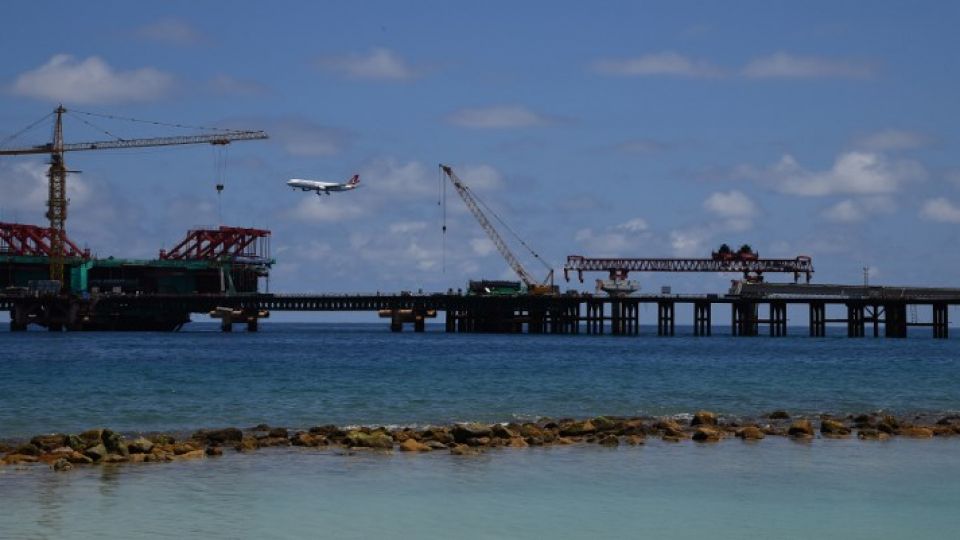February 26, 2018
China’s growing influence over the Maldives is a cause for concern according to this editorial from the Yomiuri Shimbun.
The political situation in the Maldives, an island country in the Indian Ocean, has been unstable. As the region is an important spot for sea traffic, and China is expanding its influence there, other countries concerned, including Japan, must remain vigilant.
There have been a succession of cases in which opposition leaders have been the targets of charges such as antiterrorism law violations under the administration of President Abdulla Yameen, which was inaugurated in 2013.
In early February, the Maldivian Supreme Court ordered such actions as the release, retrial and reinstatement of exiled former President Mohamed Nasheed and opposition legislators. In the capital of Male, antigovernment demonstrations took place.
President Yameen declared a state of emergency and arrested the chief justice of the Supreme Court and other figures. The release order and other decisions were retracted. There is no doubt that the president is increasingly heavy-handed, hoping to win reelection in a presidential election scheduled for this autumn.
The Maldives sits at one of the key points for sea routes that extend from Asia to the Middle East and Africa. If the current turmoil continues for a long time, there are concerns that regional stability could be undermined. The United Nations, the United States and European nations had good reason to express their anxiety about Yameen.
It is necessary to note that the rivalry between China and India for greater influence in the Indian Ocean is affecting even the Maldivian situation.
Nasheed and other opposition forces are deeply tied to India while Yameen is becoming conspicuously closer to China. At the end of last year, the Maldives and China concluded a free trade agreement, and they exchanged memorandums stating that the Maldives would join the China-led “Belt and Road” initiative, which seeks to set up a huge economic zone.
Japan must show presence
China has adopted a “String of Pearls” maritime strategy for increasing cooperation with nations along the shores of the Indian Ocean.
In Sri Lanka, China extended a massive loan for an improvement project in the southern port of Hambantota, and, in lieu of Sri Lanka repaying the debt, a Chinese corporation obtained port-related rights and interests that extends for 99 years. China has also concluded long-term lease contracts involving islands in the Maldives, and is promoting development projects there.
China seems to have the ulterior motive of utilizing the rights and interests tied to such ports and others for military purposes, thereby accelerating the oceanic deployment of the Chinese military.
India is highly nervous about these moves. Indian Prime Minister Narendra Modi held telephone talks with U.S. President Donald Trump over the Maldivian situation, and they agreed that the rule of law should be respected. Evidently, their move was aimed at restraining China.
Insisting on the principle of noninterference in internal affairs, China remains wary about Indian intervention. To prevent higher tensions between them, China and India should cautiously handle the situation.
The Maldives is also important for a “free and open Indo-Pacific strategy” pursued by the administration of Prime Minister Shinzo Abe. The country is a resort area that is visited by 40,000 Japanese tourists annually.
In January, Foreign Minister Taro Kono visited the Maldives, becoming the first Japanese foreign minister to do so. Japan should demonstrate its presence by deepening its engagement in the country.
(This article originally appeared in the Yomiuri Shimbun)


